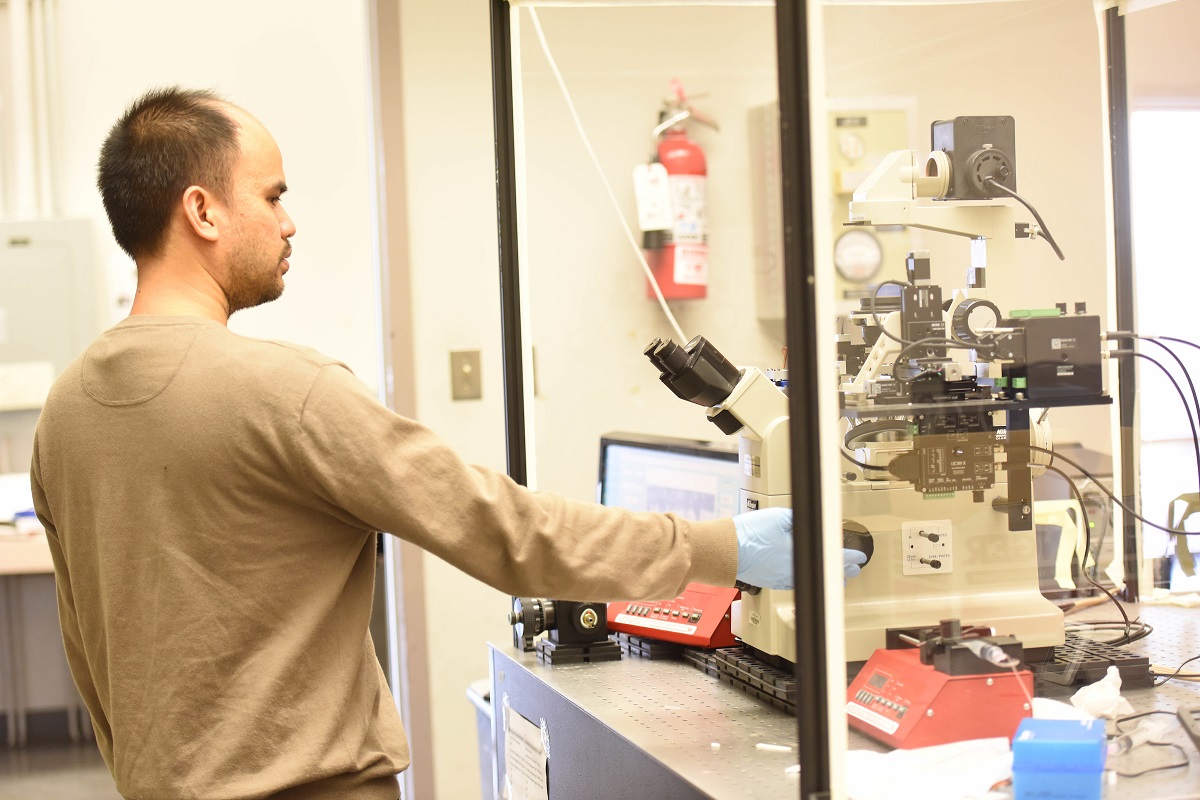The Department of Physics offers programs leading to the degrees of Master of Science and Doctor of Philosophy. These degrees are designed to prepare the candidate for a career in industry or academia. Research areas include materials science, astrophysics, nuclear physics, high energy particle physics, condensed matter physics, statistical physics, and the physics of amorphous and noncrystalline materials. In addition, arrangements can be made for cooperative research projects in nearby governmental laboratories such as NASA's Goddard Space Flight Center, the Naval Research Laboratory, National Institutes of Health, and the National Institute of Standards and Technology.
-
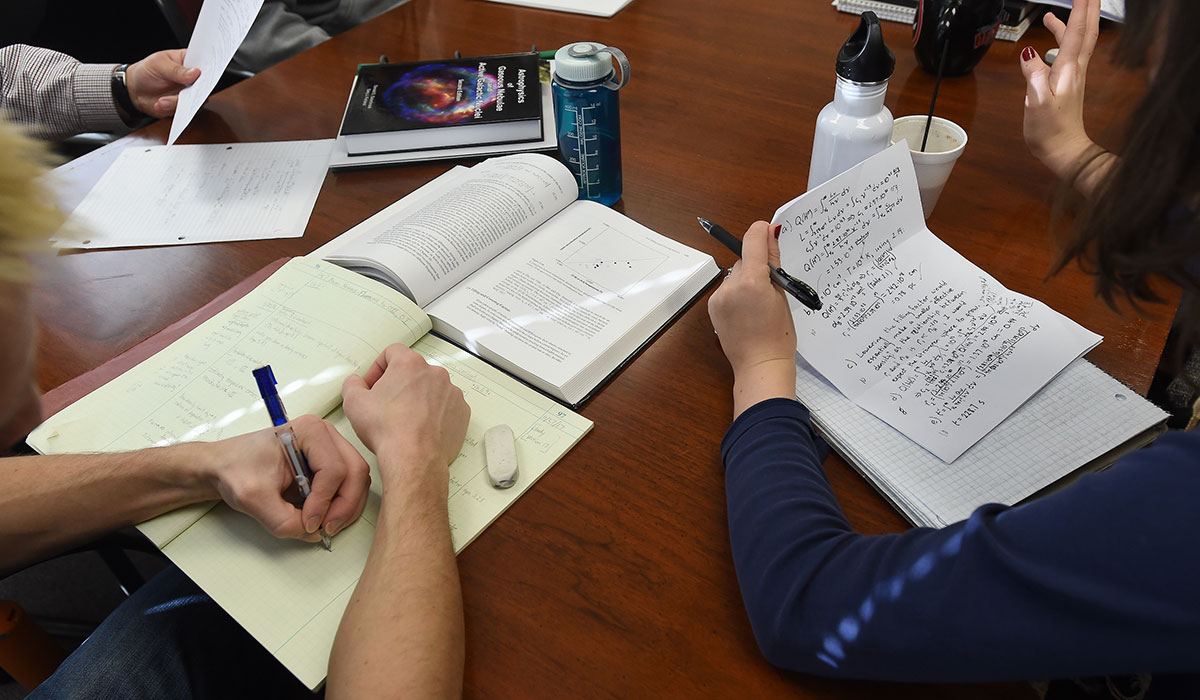
Physics (M.S.)
Candidates for the M.S. degree must complete a minimum of thirty semester hours of graduate work in residence.
Learn More -
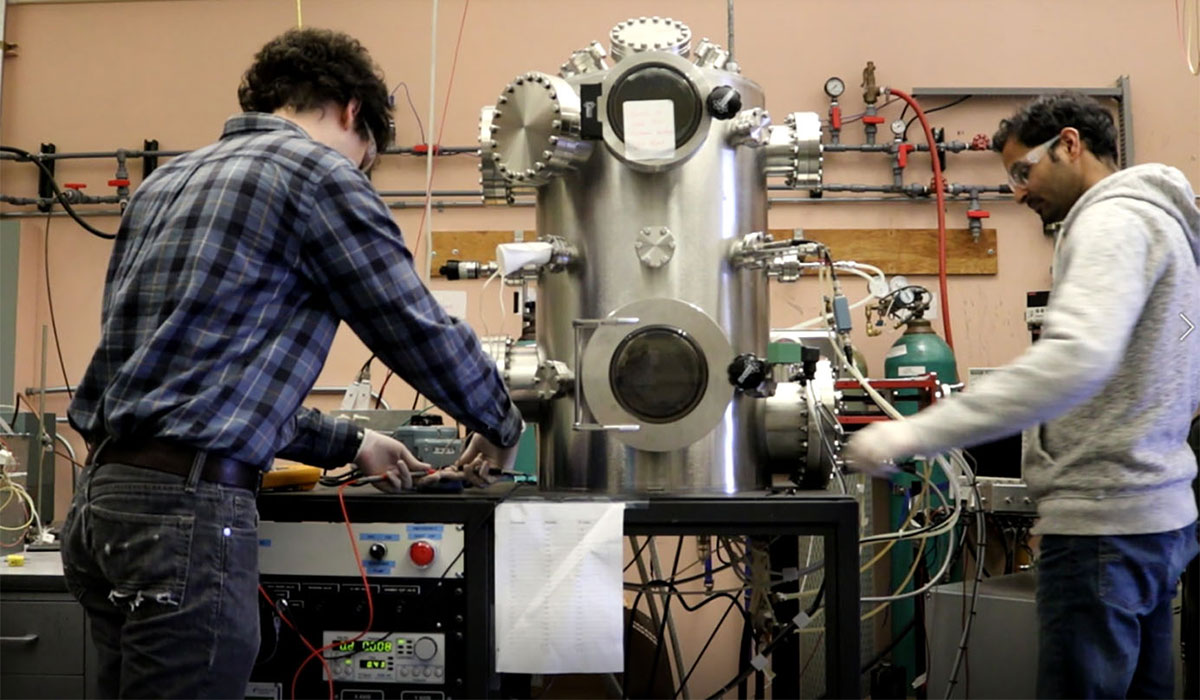
Applied Physics and Nanotechnology (M.S. & PH.D.)
This program is built around a hands-on, experimentally-focused curriculum taught by leading scientists and experienced instructors specializing in nanotechnology and materials physics.
Learn More -
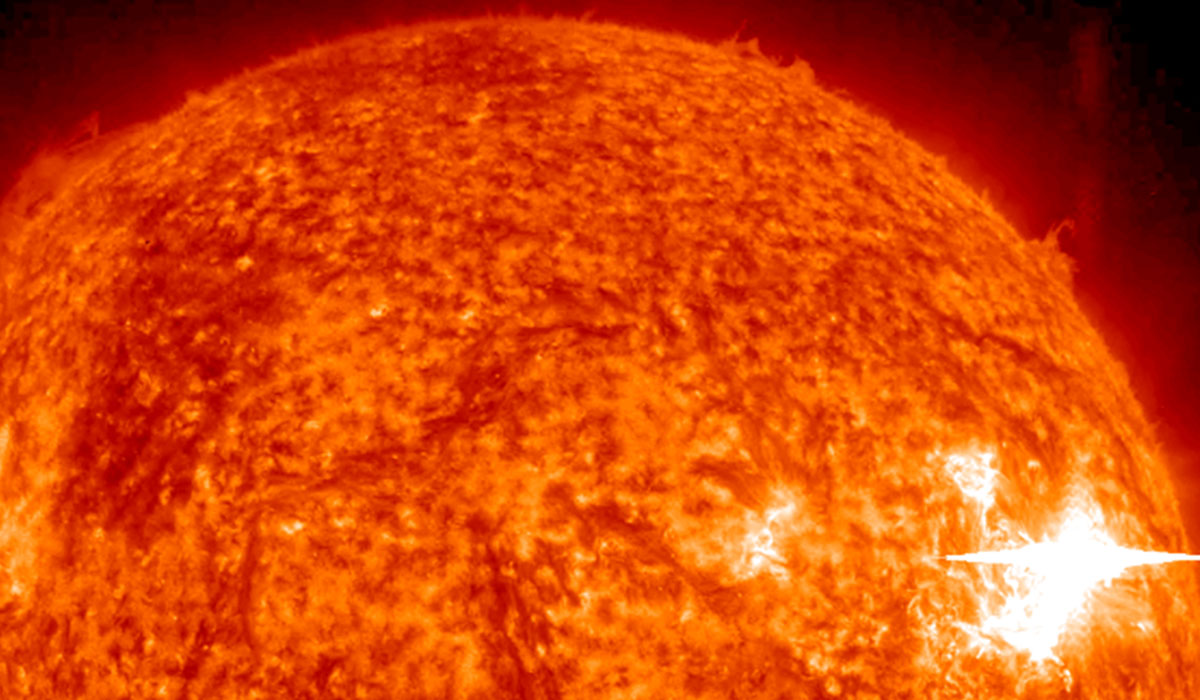
Applied Space Weather Research (M.S.)
The Master’s in Applied Space Weather Research educates the scientists and engineers who will attack the challenging problems of mitigating hazards to technologies susceptible to space weather.
Learn More -
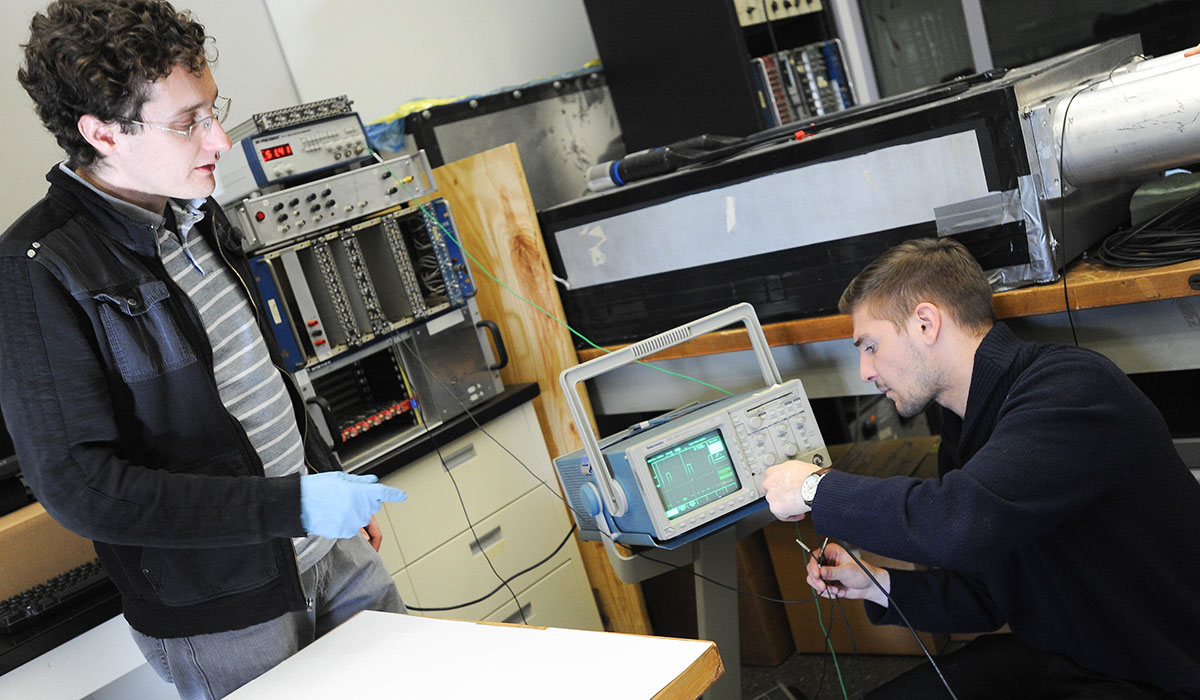
Physics (Ph.D.)
Candidates for the Doctor of Philosophy degree in physics are required to complete fifty-three semester hours, of which thirty-five must be in physics.
Learn More -
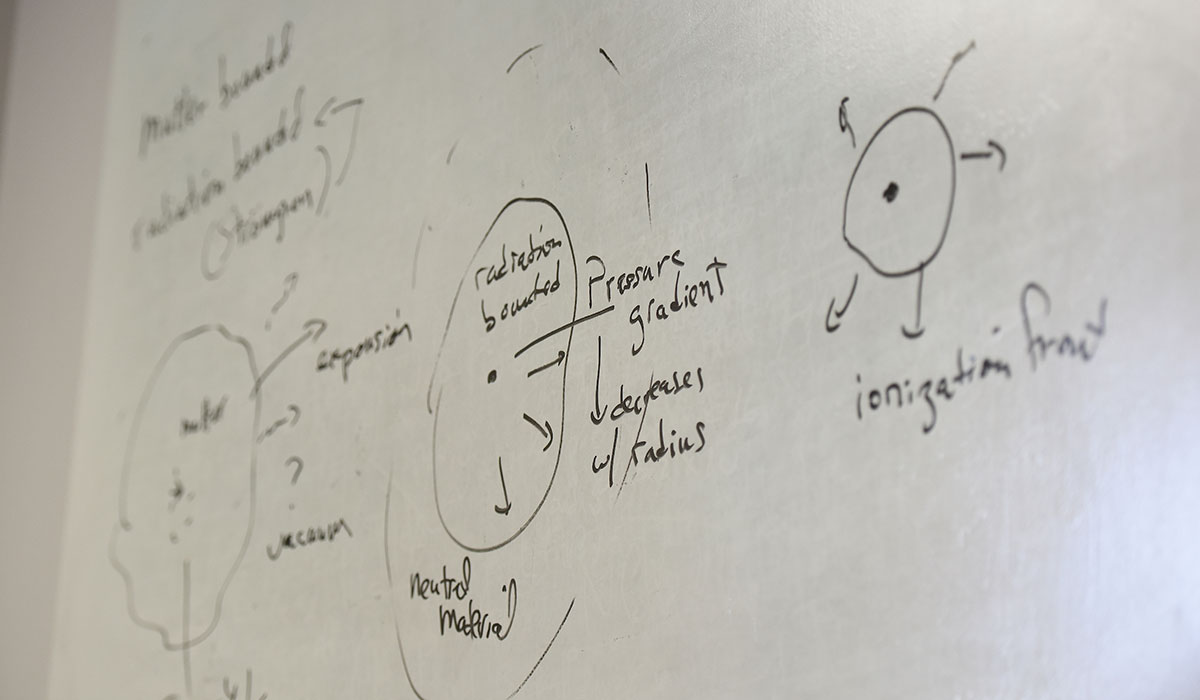
Preliminary and Comprehensive Exams
Graduate students in physics must pass preliminary and comprehensive exams. Find copies of previous exams here.
Learn More -
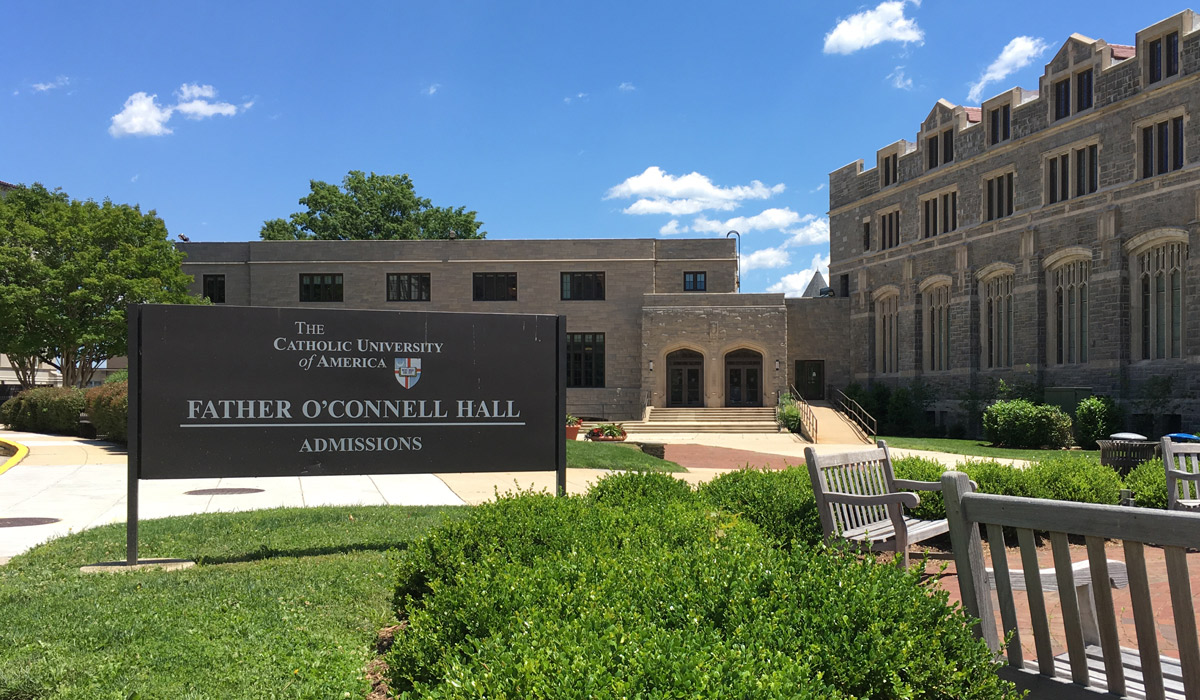
Graduate Admission
Apply for acceptance in our master's and doctoral degree programs in Physics.
Learn More

